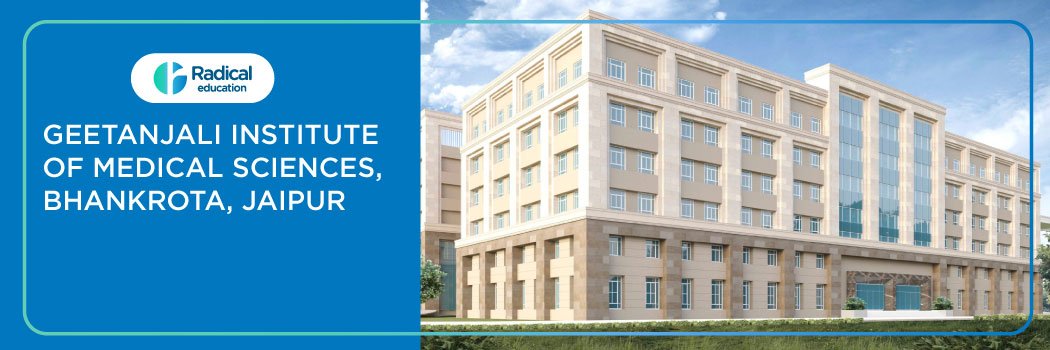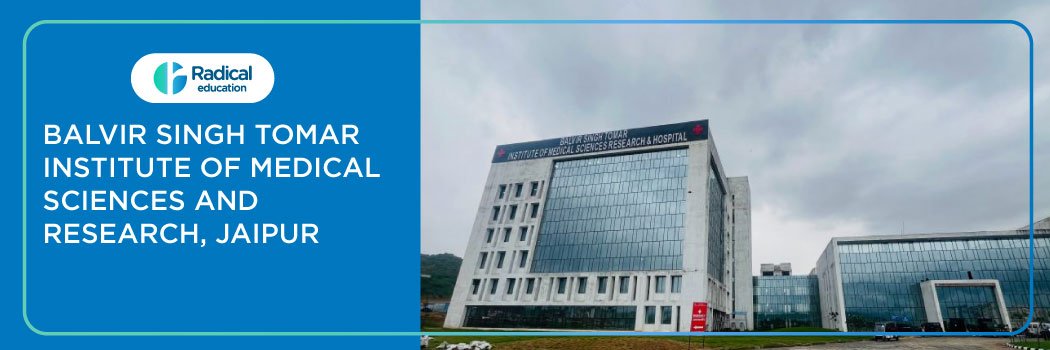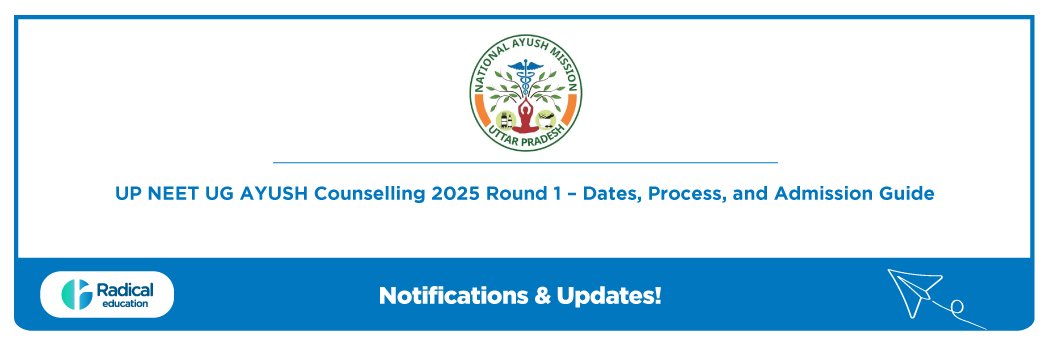
The Post Graduate Diploma in Management – in its full form PGDM is one of the most sought-after management programs in India and worldwide, attracting aspirants looking to advance their careers in business and management. While the MBA is a postgraduate degree course, PGDM is a diploma. Though it was a diploma, the value the corporate world accords to PGDM is due to its dynamic and industry-relevant curriculum. If you want to do a PGDM, then, read everything you wish to know about the course structure, advantages, eligibility, admission process, specializations, career opportunities, and the variation from an MBA.
What is PGDM?
PGDM is a two-year full-time management course that is conducted by autonomous institutes and accredited by regulatory bodies, the most renowned one being All India Council for Technical Education (AICTE). Because institutes are not affiliated to a university, they cannot deliver an MBA degree. Instead, they provide a postgraduate diploma in management. However, the curriculum and value of a PGDM is at par or even superior to that of an MBA, particularly since the PGDM courses are often geared to an industry focus and are revised regularly to reflect the latest prevailing business trends.
The PGDM course is designed to arm the students with the principles of theory and practice in all aspects of business: finance, marketing, operations, human resource, and entrepreneurship, in order to train future business leaders and entrepreneurs.
PGDM Eligibility Criteria
All the postgraduate courses have common eligibility criteria for getting admission in an AICTE approved institution. Some of the conditions, which a student must fulfill, are mentioned as follows:
- The students must have completed graduation from a UGC-recognized university with a minimum aggregate of 45-50% marks for the unreserved category and 40-45% marks for the reserved category. This may also depend on the individual institution’s discretion.
2: The students who have taken these entrance exams like CAT, MAT, GMAT, XAT, NMAT, SNAP, or any institute-required exam where the score falls under the range of the cut-off bracket for that particular year.
3. Clearing of group discussion, or interview round, if any, required by students in case the admissions to be offered are based on merit. - Not necessary however preferred by some universities as % depends on allotted to candidates with significant prior work history.
PGDM Syllabus
PGDM Syllabus: The structured curriculum for a PGDM is designed to provide an appropriate combination of theoretical knowledge and practical skills, which are inevitable for being successful in a career related to management. Typically, it is spread over two years with four semesters; the first year is dedicated strictly to core subjects and the second year to elective specializations. The syllabus is designed in such a way that it will help the students achieve a great base in several management disciplines such as marketing, finance, human resources, and operations, among others.
- 1st Year:
- Managerial Economics:
- Financial Accounting and Analysis
- Organizational Behavior
- Marketing Management
- Operations Management
- Human Resource Management
- Quantitative Methods
- Business Communication
- Business Law and Ethics
- Management Information Systems
2. 2nd Year:
- Marketing Management:
- Finance:
- Human Resource Management (HRM)
- Operations Management:
- Business Analytics:
- Information Technology
PGDM Admission Process
The general admission process for PGDM contains the following steps.
- Entrance Exam: An aptitude entrance exam has to be given by every candidate, such as CAT, XAT, GMAT, etc.
- Application: Candidates then apply to institutes according to their entrance exam scores. Applications also require submitting academic transcripts, entrance exam scores, and sometimes even a statement of purpose, or SOP.
- Shortlisting: The applicants are selected as shortlisted candidates on the basis of marks scored in the entrance examinations and then appear for another round, which may comprise a group discussion and/or a written ability test.
- Group Discussion (GD): In this round, candidates are put into groups to discuss a given topic, and then their communication, teamwork, and leadership skills are assessed.
- Personal Interview (PI): The personal interview round assesses the candidate’s plans for a career, motivation, and suitability for the PGDM program.
- Final Selection: The institutes release a merit list based on their overall performance in entrance exams, GD, PI, and sometimes work experience.
Why to choose PGDM?
The following are some reasons why students prefer to take a PGDM program over other management courses:
- The curriculum is industry-relevant: PGDM programs are provided by autonomous institutions. Therefore, they enjoy the flexibility of updating their syllabus according to the current needs and trends in the industry. In this regard, PGDM programs are much practical and in line with what the corporate world requires.
- This course structure of PGDM has ordinarily focused on practical learning through internships, live projects, industry interactions, and case studies, which makes the student job-ready by the time they graduate.
- Apart from this, PGDM programs also develop interpersonal skills, leadership, teamwork, and communication, all of which are always found to be very essential for career growth within any organization.
- Specializations and Electives: PGDM programs provide various specializations that cater to the needs of the current industry. Here, they include traditional specializations in marketing and finance as well as evolving fields like business analytics, digital marketing, and supply chain management.
- Good placement with attractive salary packages: As PGDM graduates from elite campuses often get good placement, the ROI on the investment from a top-tier institute usually accrues well, considering the focus of such a programme on employability and networking with the industry.





